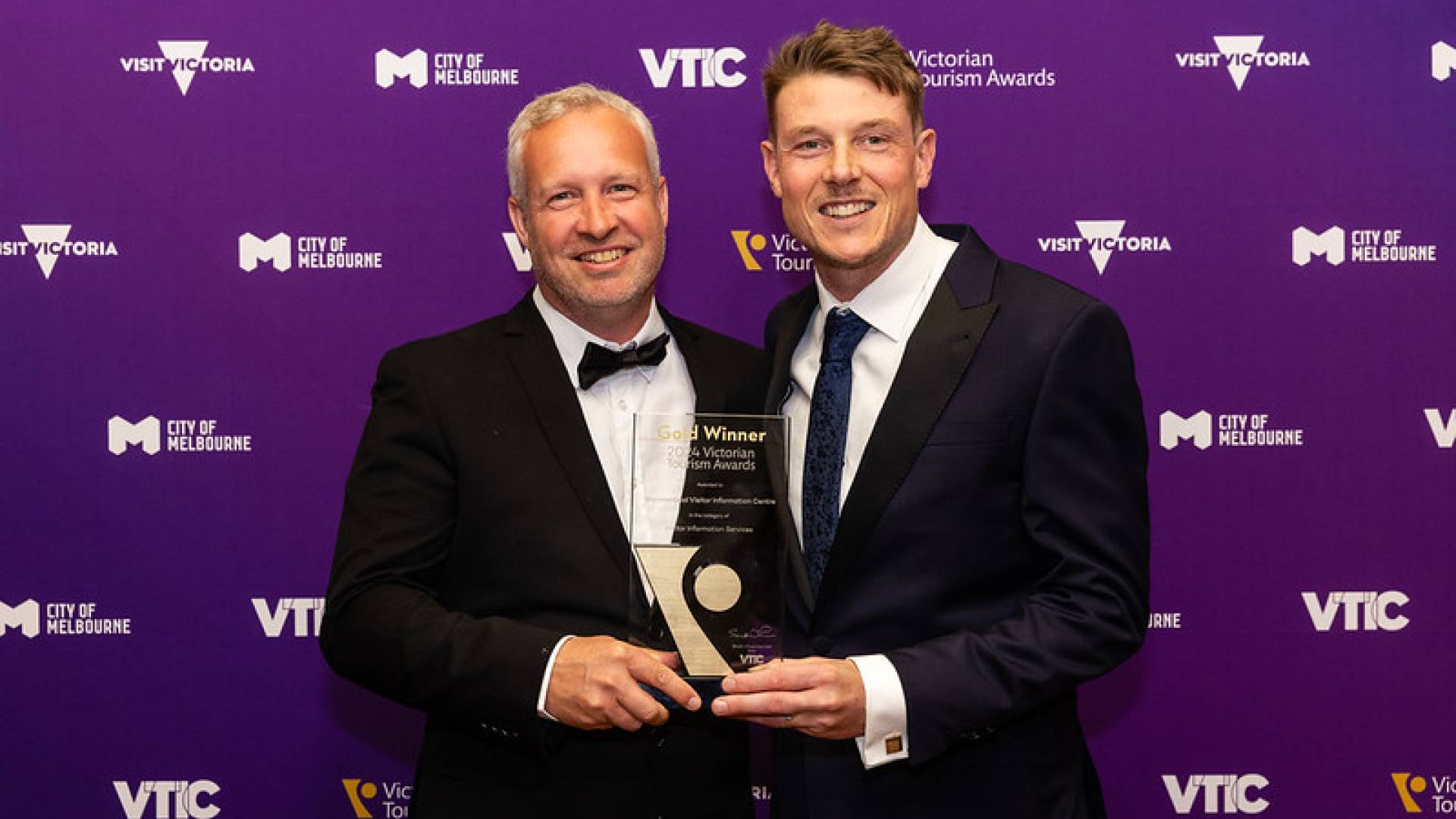- The Palaszczuk Government is expanding the eligibility of a scheme offering interstate and overseas health workers up to $70,000, in an effort to entice more applicants including junior doctors, visiting medical officers and general practitioners.
- A new incentive will also be introduced to encourage GPs to undergo training in obstetrics and anaesthetics.
- $7 million will be invested in a trial allowing regional trainee doctors to be employed by Queensland Health while also working in private GP clinics, gaining valuable experience while receiving high wages and good conditions.
- Consultation will begin on Queensland Health’s 2032 Workforce Strategy.
Health Minister Shannon Fentiman has announced a suite of measures in today’s keynote CEDA address aimed at increasing the number of GPs and healthcare workers in Queensland.
The announcements come at a time when demand for healthcare services is reaching record levels, while the health system grapples with a global shortage of skilled workers.
The Palaszczuk Government will expand its Workforce Attraction Incentive Transfer Scheme, which offers interstate and overseas workers up to $70,000 to live and work in regional and remote communities, to attract even more clinicians to the state.
The scheme has resulted in more than 50 people joining Queensland Health in roles such as nursing, neurology, and science from locations such as the UK, Bahrain and Germany.
The scheme will now be open to relevant specialists from interstate or overseas for any role for a year or longer, along with permanent roles. This opens access to the scheme to include junior doctors and visiting medical officers for the first time.
GPs who work in private practice and spend some time as a visiting medical officer in one of Queensland’s public hospitals will also be included.
The Palaszczuk Government is also providing $40,000 to up to 50 GPs a year who undertake a Diploma or Advanced Diploma in obstetrics or anaesthetics to help deliver Queensland women with quality birthing services closer to home.
In partnership with the Commonwealth, $7 million will be invested to trial the Single Employer Model for GP registrars, which has been rolled out in some other states.
This will enable GPs in training to be employed by Queensland Health throughout their training period, receiving the pay, benefits, and job security that that brings, while allowing them to also train in a private GP practice.
The efforts to attract skilled workers is also being supported by a range of measures to grow the next generation of healthcare workers here in Queensland.
A $1 million youth recruitment campaign, #GoHealth, will promote careers in the public health sector for Queenslanders aged 15-18 and their parents through social media channels, including TikTok and Instagram, as well as traditional media.
This is on top of allowing young Queenslanders to access free TAFE for 13 health courses from 2024, including a Diploma of Nursing, and expanding the First Nations Deadly Start school-based traineeship program from 200 to 400 places.
The recruitment and training initiatives announced today will coincide with the start of consultation on Queensland Health’s 2032 Workforce Strategy to help chart a long-term blueprint on recruiting, retaining and building the state’s health workforce.
Quotes attributable to Minister for Health, Mental Health and Ambulance Services and Minister for Women Shannon Fentiman:
“Health professionals are in significant demand worldwide, so it is crucial that action is taken to attract and retain the best and brightest to work in our hospitals and clinics.
“The initiatives announced today target key areas, from building the capabilities of our local workforce to drawing on the talents of international experts, supporting young people to enter the health sector and planning long-term for future challenges and opportunities.
“This will help deliver a skilled and sustainable workforce so Queenslanders can continue to access world-class healthcare, no matter where they live.
“Our Workforce Attraction Incentive Transfer Scheme has been critical in helping to secure skilled health workers, including nurses, psychologists, microbiologists, anaesthetists, renal specialists, emergency care specialists, and midwives.
“It is why other jurisdictions are following our lead and why the Palaszczuk Government is expanding eligibility requirements to entice even more health professionals.”
“Every single Queensland woman should be able to give birth in her local community, and that is why we are incentivising GPs to undertake a Diploma or Advanced Diploma in obstetrics or anaesthetics.”
“Experience shows that doctors who complete their training in regional areas are more likely to stay there, which is why our work with the Commonwealth on trialling the Single Employer Model is so crucial, and I want to thank groups like the RDAQ for advocating for this move.”








